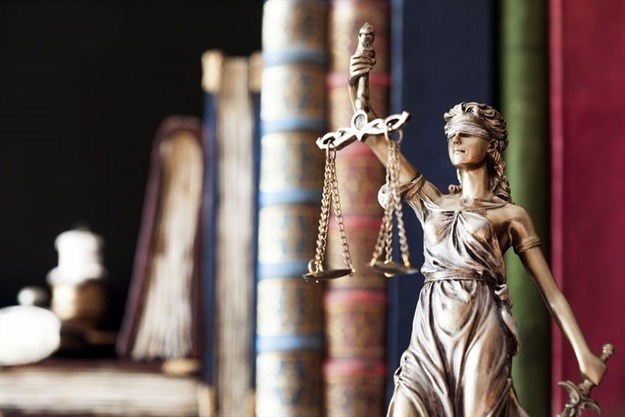The South African government says it will study the ruling by the Pre-Trial Chamber of the International Criminal Court (ICC) relating to Sudanese President Omar al-Bashir's travel to South Africa in 2015.
The ICC ruled that South Africa had a duty to arrest President Bashir in June 2015 when he was attending the 25th African Union Summit in Johannesburg and surrender him to the ICC.
South Africa rejected the ICC request to arrest President Bashir.
The Sudanese President is wanted by the ICC for alleged anti-humanity crimes committed by his forces between 2003 and 2008 in the Sudanese province of Darfur.
The South African government had argued that in addition to complying with its obligations to the ICC, the country has obligations to the AU, which rules that no organisation can arrest any sitting Head of State in African countries, as they are protected on the grounds of diplomatic immunity.
However, the chamber said the host agreement for the African Union Summit, by its own terms, did not provide immunity to Heads of State attending the summit.
It said South Africa’s defence in this regard is without basis and against the intention and wording of the Rome Statute, as it prevented the court from exercising its functions and powers under the statute which South Africa is a member of.
“Given that article 27(2) of the Statute is applicable to Sudan, the immunities of Omar Al Bashir, as Head of State, under customary international law do not apply [to] States Parties to the Rome Statute for the execution of the Court's request of his arrest and surrender,” reads the judgment.
The chamber considered, bearing in mind its discretional power, that a referral of South Africa's non-compliance to the Assembly of States Parties (ASP) and/or the UNSC was not warranted.
For this finding, the chamber considered of significance that South Africa was the first state party to seek from the court a final legal determination on the extent of its obligations to execute a request for arrest and surrender of Omar Al-Bashir.
Reacting to the judgment, the Department of International Relations and Cooperation said government notes in particular that the ICC has decided not to refer the matter to the Assembly of State Parties and the United Nations Security Council.
“Government will study the ruling and its implications and seek legal opinion on the available options. In the meantime, South Africa reiterates its total commitment to the principles of international justice,” the department said.
Government announced its decision to withdraw from the ICC in October 2016, citing bias against African nations. Government is also of the view that the Rome Statute establishing the ICC was incompatible with the country's domestic laws regarding immunity for visiting foreign Heads of State and government.
However, government revoked its intent to withdraw from the ICC after the High Court in Pretoria ruled that government's move to withdraw from the ICC was unconstitutional and invalid without prior Parliamentary approval.



























